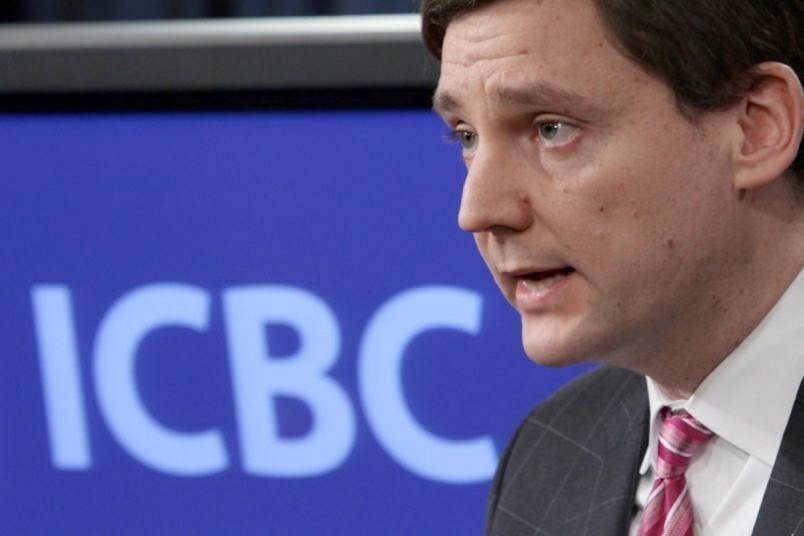The B.C. government will limit the number of “adversarial experts” who can testify in personal injury claims, Attorney General David Eby announced this morning, in an attempt to stem the $1-billion-a-year losses at the Insurance Corp. of B.C.
“We’re not going to allow unlimited adversarial experts anymore,” Eby said. People injured in car crashes will be able to use one expert and report for fast-track claims under $100,000 and up to three experts and reports for all other claims. Expert reports can include statements from medical experts and can address wage loss, future wage loss and future medical care.
Eby hopes the reforms to the B.C. Supreme Court Civil Rules Regulation will save “in excess of $400 million” by encouraging earlier settlements and reducing costs of settling vehicle injury claims. He added those savings depend on how lawyers and judges respond to the changes.
Judges will have the power to permit additional court-appointed or joint experts at its discretion, thus limiting the government’s cap.
Eby announced the changes in response to ICBC’s third quarter financial report released last week that showed the insurance agency posted a net loss of $860 million in the first nine months of its fiscal year, putting it on track to lose $1.18 billion for the full year.
This is largely blamed on prolonged legal battles with people injured in crashes who are demanding higher settlements, Eby said.
ICBC reported that the average cost of litigated injury claims has jumped by 20 per cent to $121,826 in 2018 from $101,920 in 2017. ICBC is also paying 21 per cent more for the use of medical experts, a cost which in most cases, must be -covered by the public insurer.
A review of 1,200 injury files in excess of $100,000 found that the injured person’s lawyer presented an average of six medical experts, many with overlapping skills, ICBC said.
The cap on experts follows the lead of Australia and the UK, which “have tackled this problem quite aggressively,” Eby said. Eby said he has no doubt that some lawyers will be concerned about the changes, and “we expert they will be subject to multiple court challenges.”
He said similar reforms in other provinces have survived legal challenges.
This article originally appeared here.




